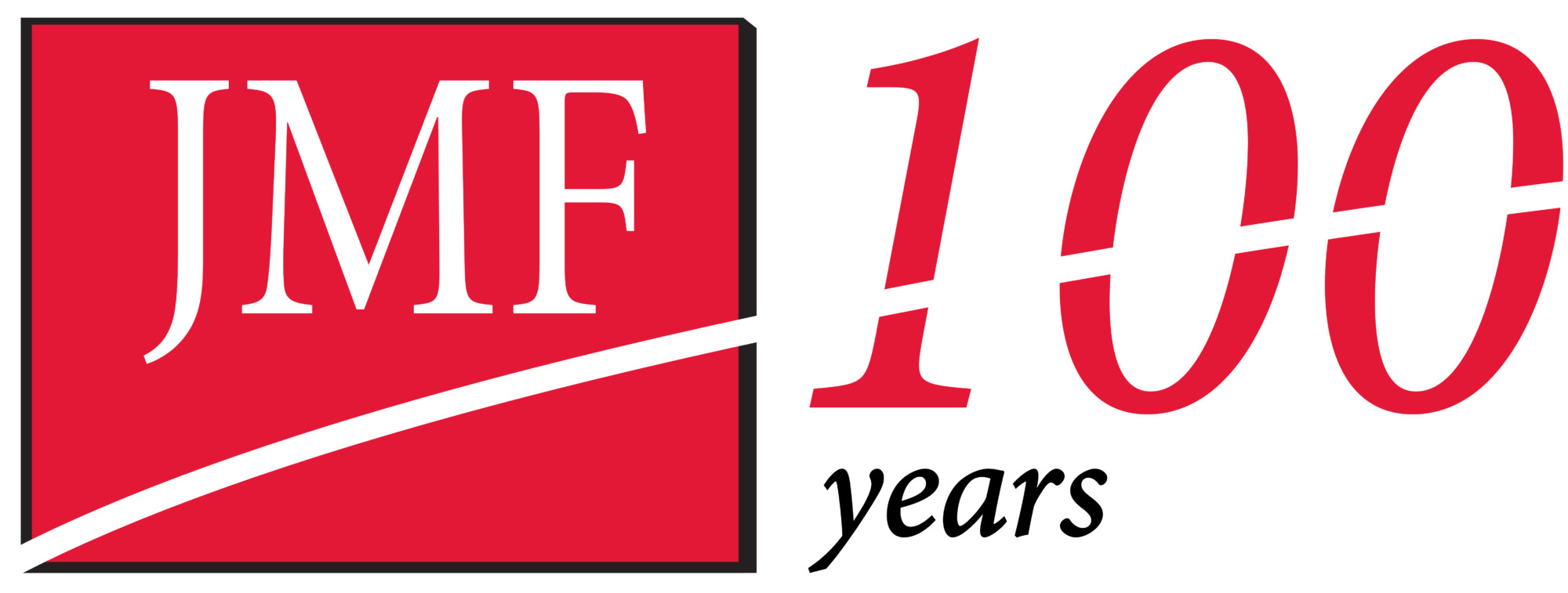By: Rachel Aaron, CPA
Supervisor & IRS Specialist
JMF is always ready and willing to assist you when correspondence from the IRS comes your way. We have highly trained staff that deal with these issues on a regular basis. As tax practitioners representing our clients, we often have the ability to communicate with the IRS in a faster and more efficient manner than the taxpayer would be able to on their own. We understand that this type of communication can be intimidating and at times quite complex, and we want to make resolution as simple and easy as possible for our clients. We also make it our goal to help you stay in good compliance with the IRS. The IRS recently released an article, “Tips on How to Handle an IRS Letter or Notice,” offering suggestions on how to handle such correspondence. Below are key points from the article.
The IRS mails millions of letters every year to taxpayers for a variety of reasons. Keep the following suggestions in mind on how to best handle a letter or notice from the IRS:
- Do not panic. Simply responding will take care of most IRS letters and notices.
- Do not ignore the letter. Most IRS notices are about federal tax returns or tax accounts. Each notice deals with a specific issue and includes specific instructions on what to do. Read the letter carefully; some notices or letters require a response by a specific date.
- Respond timely. A notice may likely be about changes to a taxpayer’s account, taxes owed or a payment request. Sometimes a notice may ask for more information about a specific issue or item on a tax return. A timely response could minimize additional interest and penalty charges.
- If a notice indicates a changed or corrected tax return, review the information and compare it with your original return. If the taxpayer agrees, they should note the corrections on their copy of the tax return for their records. There is usually no need to reply to a notice unless specifically instructed to do so, or to make a payment.
- Taxpayers must respond to a notice they do not agree with. They should mail a letter explaining why they disagree to the address on the contact stub at the bottom of the notice. Include information and documents for the IRS to consider and allow at least 30 days for a response.
- There is no need to call the IRS or make an appointment at a taxpayer assistance center for most notices. If a call seems necessary, use the phone number in the upper right-hand corner of the notice. Be sure to have a copy of the related tax return and notice when calling.
- Always keep copies of any notices received with tax records.
- The IRS and its authorized private collection agency will send letters and notices by mail. The IRS will not demand payment a certain way, such as prepaid debit or credit card. Taxpayers have several payment options for taxes owed.
Avoid scams. The IRS will never initiate contact using social media or text message. First contact generally comes in the mail. Those wondering if they owe money to the IRS can view their tax account information on IRS.gov to find out.
And if it makes you feel better, call one the JMFCPAs to see if we can help you resolve the matter.








Leave A Comment
You must be logged in to post a comment.